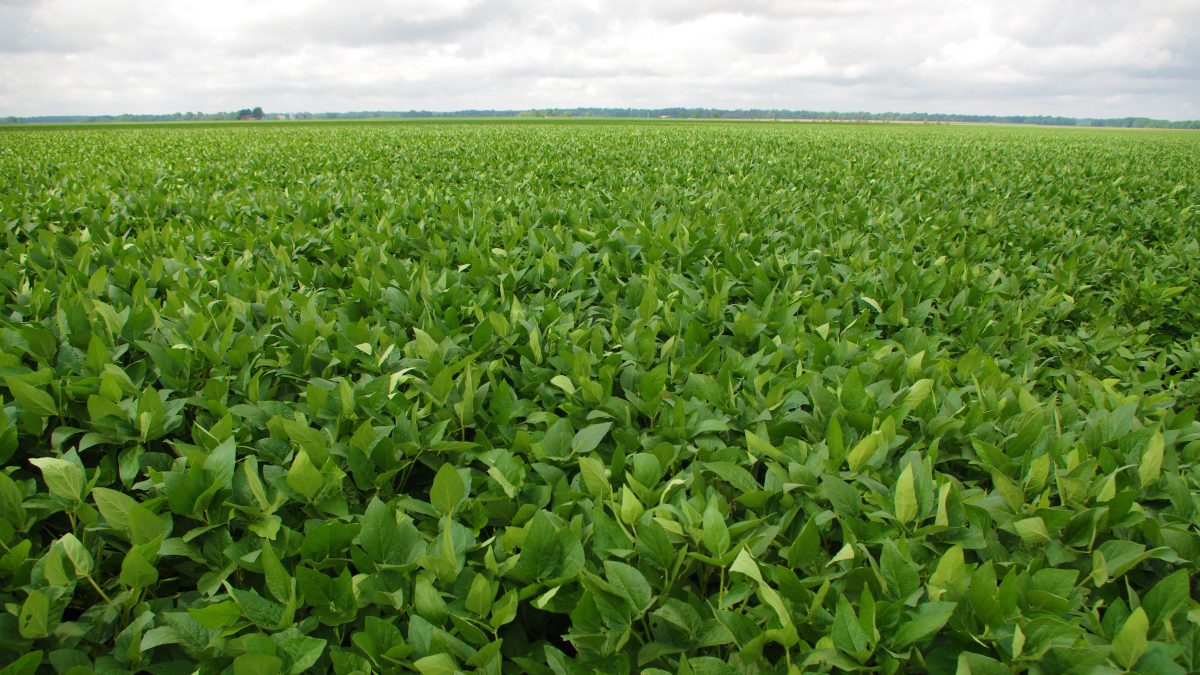Growers Welcome EPA Decision on Enlist, Hope for Continued Progress & Lessons Learned
Mike Tomko
Director, Communications

photo credit: Arkansas Farm Bureau, used with permission.
Mike Tomko
Director, Communications
Grower groups including the American Farm Bureau Federation, American Soybean Association, National Corn Growers Association, and National Cotton Council welcomed and expressed appreciation for an announcement from EPA that will restore use of Enlist herbicides to many U.S. counties. This label amendment, prompted by new data submitted to EPA, lifts county-level bans on use of Enlist and Enlist Duo in 134 counties across multiple states, including those where the American Burying Beetle is alleged to be present.
American Farm Bureau Federation President Zippy Duvall responded, “AFBF is glad EPA is partially stepping back from its decision to restrict critically needed herbicides right before spring planting. It is essential that EPA continue to work with farmers to understand the impacts of its decisions. Products like Enlist enable farmers to utilize environmentally beneficial practices that preserve the soil, minimize fuel use, and capture carbon. We hope EPA is cognizant of timing constraints, supply chain challenges, and the implications of various restrictions in future pesticide decisions.”
Brad Doyle, soy farmer from Arkansas and president of the American Soybean Association, welcomed the announcement, stating, “County-level bans had growers in these areas anxious and frustrated when the announcement came out in January – especially in this market where inputs are scarce and costs are sky high. We appreciate EPA hearing our concerns and working to quickly restore access in many counties where science and data support doing so.”
"On behalf of corn farmers, we would like to thank the EPA for expeditiously reviewing the data and lifting the corresponding restrictions,” said Iowa farmer and National Corn Growers Association President Chris Edgington.
The grower groups hope the Enlist decision has provided EPA a good learning opportunity to instruct future registration decisions. Growers have been very critical of bans affecting entire counties where protected species may be present in only a fraction of the county or potentially not at all, or where conservative methods have overestimated the impact on some species. Announcements of new restrictions just weeks ahead of planting after many growers have already received products has also been stressful to producers. Numerous counties remain under county-level bans following EPA’s latest decision. The groups hope the agency will continue reviewing data that might allow use to be restored in those areas, as well.
Stephen Logan, chairman of the National Cotton Council’s Environmental Task Force and cotton producer from Louisiana, expressed appreciation that EPA continues to refine the science necessary to comply with the ESA and FIFRA mandates, stating, "Many mitigations are already in place, and others—such as reasonable buffers—provide species protection without banning use for the whole county. I hope EPA and the Services continue to refine their decision process and credit farmers for our environmental stewardship actions on our farmlands.”
In January, EPA issued new seven-year registrations for over-the-top use of herbicides Enlist and Enlist Duo on herbicide-tolerant corn, cotton, and soybeans. While the new registrations were welcome and worked for many growers across the country, producers in 217 counties disproportionally concentrated in several states were impacted by county-level bans, risking production in affected counties amidst ongoing supply chain challenges. Grower groups have urged EPA to review additional data that may allow for lifting county-level bans and view today’s announcement as a significant step toward that outcome.
Press Contact
Mike Tomko
Director, Communications
(202) 406-3642
miket@fb.org
Bailey Corwine
Media Relations Specialist
(202) 406-3643
baileyc@fb.org